A Central Florida Homeowner’s Guide to Avoid Power Failure
Power outages in Central Florida are no longer rare. Between hurricanes, summer storms, and grid overloads, your standby generator must work when you need it most. If it fails, your comfort, safety, and home systems are at risk.
Many homeowners don’t realize their generator needs service until it’s too late. Below are 11 clear warning signs that your generator needs professional generator repair service or maintenance before the next outage hits.
1. Your Generator Has Trouble Starting
If your generator struggles to start, starts slowly, or fails completely, this is a red flag.
Common causes include:
- Low or old fuel
- Low oil levels
- Dirty or worn spark plugs
- Battery failure
While minor issues may seem simple, repeated starting problems usually signal a deeper mechanical or electrical issue that requires professional generator repair.
2. Low Power Output or Weak Performance
If your lights dim, appliances struggle, or breakers trip when the generator is running, your generator may not be producing enough power.
Low power flow can:
- Damage appliances
- Overload circuits
- Cause sudden shutdowns
This is often caused by aging components, improper load balance, or internal wear. A licensed technician can safely diagnose and restore proper output.
3. Visible Wear on Electrical Components
Burn marks, corrosion, loose wires, or tripped breakers are signs your generator’s electrical system is under stress.
Electrical repairs should never be handled without training. Faulty components increase the risk of fire, power surges, and total generator failure.
Trusted Whole Home Generator Dealer in Sanford, FL
GenStar Generator Services has proudly served Sanford and Central Florida since 2002. Our certified technicians provide safe, reliable standby generator service – 24/7.
📞 Call (407) 904-4410 for expert support.
4. Oil, Fuel, or Coolant Leaks
Any visible leak is a serious concern.
Leaks can lead to:
- Fire hazards
- Engine damage
- Complete system failure
If you notice fluid under or around your generator, shut it down and schedule professional service immediately.
5. Physical Damage or Rust on the Generator
Florida’s heat, humidity, and storms can damage your generator’s exterior.
Look for:
- Rust
- Cracks
- Loose panels
- Animal or debris damage
Physical damage often leads to internal issues if ignored.
6. Low or Dead Generator Battery
A weak battery is one of the most common causes of generator failure.
Signs include:
- Clicking sounds
- Slow starts
- Failure during outages
A low battery forces the engine to work harder, increasing heat and wear. A preventive generator maintenance stops this issue entirely.
7. Your Generator Is Over 10–15 Years Old
With proper maintenance, standby generators can last 20+ years. Without it, problems often appear much sooner.
Consider replacement or major service if:
- Repairs are frequent
- Parts are difficult to find
- Efficiency is declining
Our team can help you decide whether repair or replacement makes the most sense.
8. Excessive Fuel Consumption
If your generator is burning more fuel than usual, it’s no longer operating efficiently.
Common causes include:
- Dirty air filters
- Clogged fuel lines
- Worn spark plugs
- Poor engine tuning
Routine generator maintenance saves money and extends system life.
9. Slow Start During Power Outages
If your generator takes too long to turn on when power goes out, your home is unprotected during that delay.
Slow startup may be caused by:
- Battery issues
- Control board problems
- Starter motor wear
This issue should be corrected before storm season.
Generac & Briggs & Stratton Generator Installation
GenStar specializes in Generac, Briggs & Stratton, and Kohler standby generators across Central Florida.
10. Power Fluctuations While Running
Fluctuating power can damage:
- HVAC systems
- Refrigerators
- Electronics
- Medical devices
This may indicate voltage regulator failure or internal electrical problems. Prompt repair prevents costly appliance damage.
11. You’re Constantly Scheduling Repairs
If repairs are becoming frequent, your generator may no longer be reliable.
Preventive maintenance:
- Reduces emergency breakdowns
- Extends generator lifespan
- Improves safety and performance
Sometimes, upgrading to a newer model is the most cost-effective option.
When to Call GenStar Generator Services
If you notice any of these warning signs, don’t wait for the next outage.
GenStar Generator Services provides:
- Generator repair in Sanford, Orlando, Central Florida, and beyond
- Standby generator maintenance
- Emergency generator service
- Whole-home generator installation
Why Homeowners Trust GenStar
- Serving Central Florida since 2002
- Licensed & certified technicians
- 24/7 emergency support
- Trusted brands: Generac, Briggs & Stratton, Kohler
Trust GenStar for Your Power Needs
Since 2002, GenStar Generator Services has been the trusted electricity partner for Sanford and Central Florida. Whether you need a routine check-up for your Kohler unit or a full Generac installation, our 24/7 team is ready to help.
Need Help Now? Call us at (407) 904-4410 for expert service.
